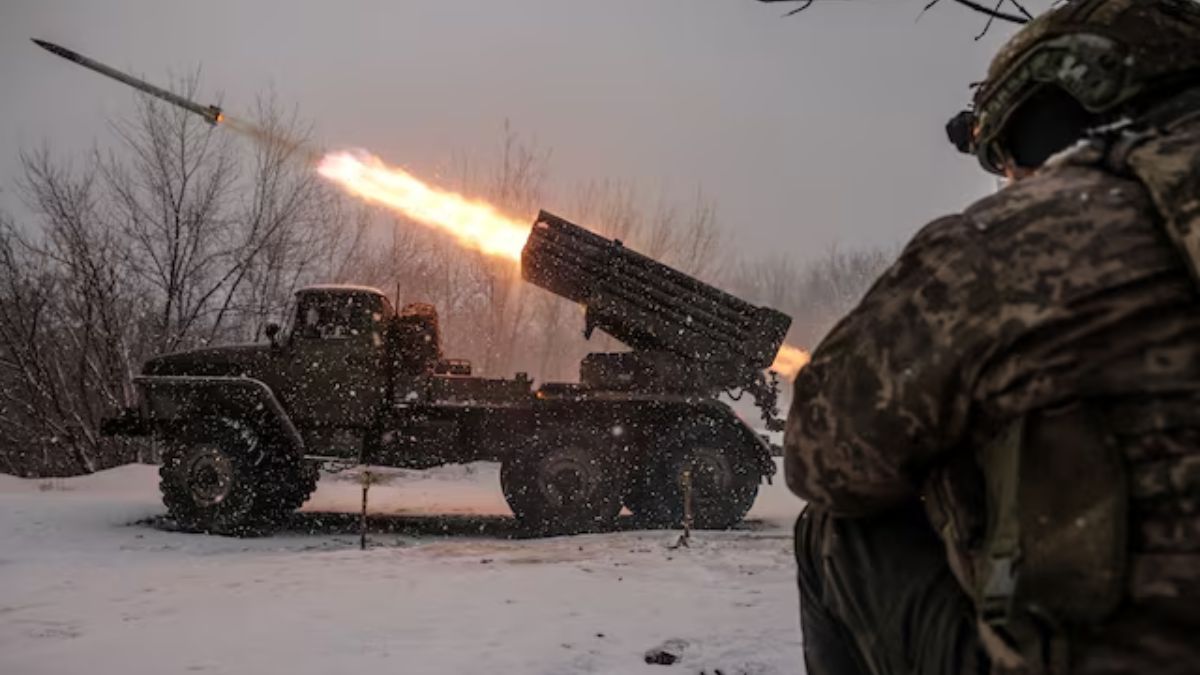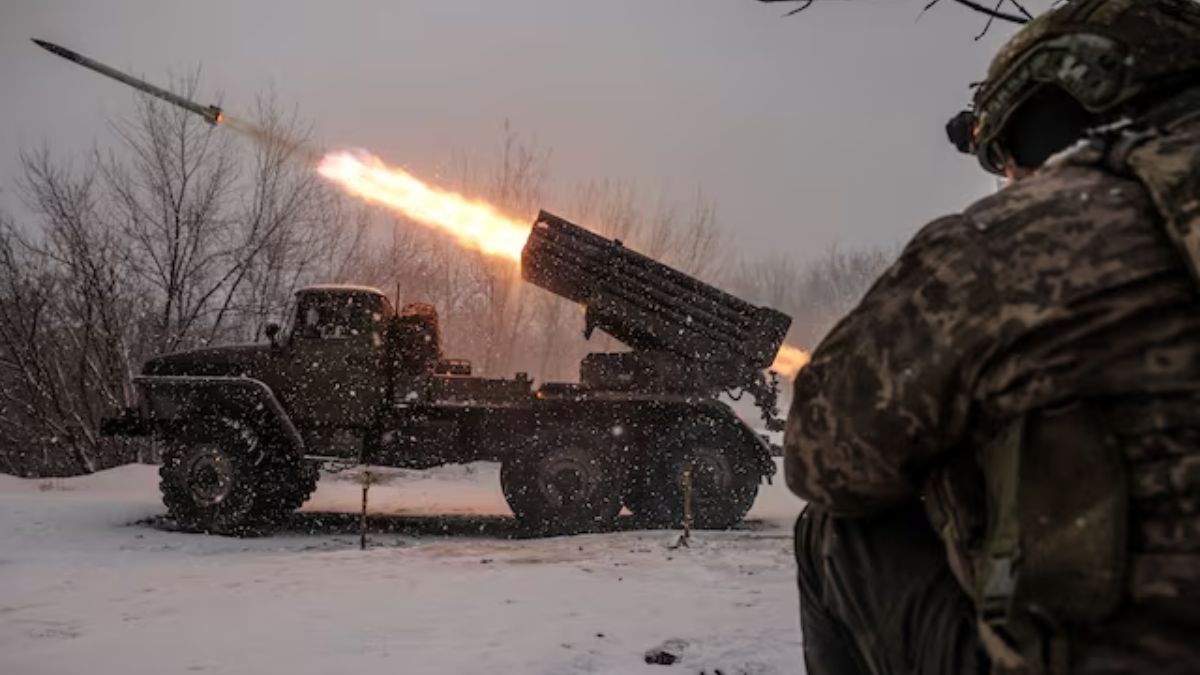Nine Bodies in a Mexican Morgue is a strikingly original and taut thriller series with a jaw-dropping reveal waiting at the end. A light aircraft with nine passengers crashes in the Mexican jungle – and everyone survives. But then, one after another, they begin to die in strange and violent ways and very soon they begin to realise that, for some inexplicable reason, somebody wants them dead.
As the story unfolds in flashback, we meet the survivors as they fight against the heat, a shortage of supplies, the many dangers of the jungle – and each other. The setting becomes increasingly tense and claustrophobic until finally the identity of the killer and the truth are revealed. In an immersive conversation with Firstpost, Eric McCormack talks about the show and challenges of the role played by him.
Edited excerpts from the interview:
What attracted you to the series?
It’s nice to be offered things that are different and fun. It’s got a great title. It takes place with shooting in the Canary Islands. It’s a character with a lot of mystery. All the characters have secrets, which is always my favourite thing and that’s interesting and challenging.
And what was the preparation like, playing such a layered role?
There wasn’t a lot of time to do the preparations. I simply had to do certain medical things that I had to do because Kevin was a practicing doctor. So, we had to learn to do those things properly. It’s a cliché, but it’s true. It’s the development of these backstories which made my role challenging. All the characters have a startling backstory. Most of the time, when people crash land in a remote jungle, the first thing you do is explore each other. Just tell me everything about you because it might help me in helping you. But these characters, all of them are intensely private, keeping secrets, and not telling the truth. In almost every case, they’re not telling the truth. And so, I think that makes their job harder. It also makes the show more interesting.
Each character in the show has a backstory as you just mentioned, and that makes it all the more interesting. So, was the preparation intense?
There was a little bit of discussion with our first director, Bryant about those back stories and about what we, how important it was for the characters to hold back. Because it’s not just about what you don’t know. It’s also about misleads. It’s about creating the illusion that this character could be the killer because they’re not talking about that or because they clearly have left that part out. So, it’s not just unravelling it slowly, but it’s unravelling it in a way that can be intentionally confusing.
And what do you expect from the global audience? Do you have an expectation? How can they relate to it? Because the name is such that everybody wants to watch it.
It’s catchy as hell. I think my expectation is just from the beginning as we have to do this in a way that people will still be surprised. So, you’ve got to create the illusion that every character could very well be the one or that none of them are, and it’s some exterior force. We kind of kept it open.
What was the most challenging scene so far doing the operation that you did with just a regular knife?
The surgery scene was definitely challenging, early on, wanting that to be right. Anything involving the mountain climbing and the trekking through the jungle added up, in the heat for sure. But I think just in a weird way, like I said, the most challenging thing was not making choices that would give anything away. You know, we’d look at a scene and go, what’s the purpose of this? And we’re just talking about the food we’re eating. What’s the purpose of it? And the purpose is often to create a mislead so that somebody could put a piece of poison in somebody’s food or whatever with there’s always some nefarious reason for even the most mundane moments. And I think that’s not something that just the director can do. We all, as a team, have to be aware of what part we play in making that moment effective or something that the audience doesn’t notice and will only find out about later.
People in this series are trying to hide a lot through their expressions. There is not much noise that is happening. What do you have to say about that part?
With Kevin in particular, his backstory is something he reveals pretty early on, that he was a disgraced doctor and has not seen his son for some time. Anthony had written the whole speech about the malpractice suit, but I had added that line about I haven’t seen my own kid in ten years because I think that’s the kind of information when you hear it that changes how you look at a character. And you know, sometimes with a show like this, we learn a lot about the characters, and we care about them all. And then one by one, we find out something that we don’t like. We don’t really like anybody upfront. They’re all bitchy and secret and suspicious of each other. And then slowly, we get to know them. And hopefully, by the time bodies start to drop, the audience is invested in all of them.
What was your first reaction when you came to know about the title?
I just thought it was crazy, catchy and specific. I love titles that grab attention immediately.
Since I’m from India, what is the best thing about Bollywood movies?
I have always loved the dance sequences.


)
)
)
)
)
)
)
)
)



